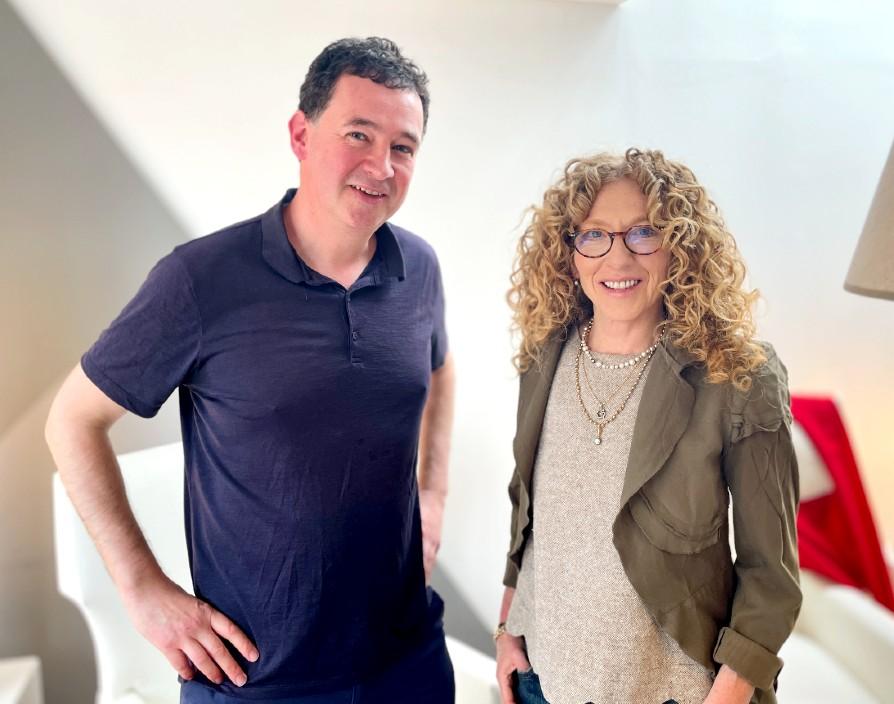“Set your smartest people on the most boring tasks,” Brent Hoberman, the entrepreneur behind lastminute.com and Founders Forum, advised me. I was a bit shocked, as this seemed cruel! The idea is that they will get the mundane but important things done quickly, so they can return to the sexier projects, he explained.
That’s just one piece of business wisdom that has taken me aback. We’ve had more than 400 guests on our CEO Secrets series since 20015, a mixture of bosses from well-known companies like LinkedIn and Pret A Manger, to Startup founders. My mission is to discover the ‘two U’s’. What has been ‘unique’ about their business journey and what is the ‘universal’ advice they can they share?
Another person who surprised me was Alex Depledge, who founded Hassle.com, a platform for booking domestic cleaners. She exited, selling the company for millions. But her advice was to expect crippling self-doubt as a founder, even at moments of success. She described how her husband found her crying on the floor one day, repeating, “I don’t know how to be a CEO!” This was just after she’d secured $6m in Series A funding.
When I visited interior designer and entrepreneur Kelly Hoppen at her studios, her secret turned out to be something more diffuse: music. She uses it, she explained, as a kind of common, intuitive language, to coax out the inner desires of her celebrity clients. Their initial thoughts of how they want their homes to look often need to be challenged, she revealed!
Advertising executive Stephen Allan, formerly of MediaCom and now with Brainlabs, shared some surprising advice for corporate climbers in big organisations. You have to seek out your replacement and develop them, so they can fill your job, allowing you to move up the next rung in the ladder. In other words, don’t see people similar to you who want your job as a threat, see them as your ticket to promotion!
Sometimes the entrepreneurs behind the world’s most successful start-ups have counter-intuitive advice too. Brian Chesky of Airbnb told me that it wasn’t the idea behind the company that was the secret of its success. After 13 years running the company he told me he’d realised: “It matters more who you do it with than what you do, I’d rather work with great founders on a not-great idea, than not-excellent founders on a great idea.” He said he viewed his relationship with his co-founders as like a “professional marriage” – with Airbnb as their “famous child” – and they put the time in to make the relationship continue to work.
In fact, the best advice in interviews always comes in the form of a surprise – because it’s a moment of revelation that grabs your attention. My favourite example comes from an unusual family business. The 3 Heads social media agency was set up by Ross Testa while at university. It was so successful, he went on to employ his dad, creating a Son & Father business. While I spoke to them, I found something strange. “Why do you call your dad, Roy, and not ‘dad’?”, I asked the son Ross. He explained that he had found it was the only way to run a family business. Calling him dad felt too unprofessional in front of clients. He even changed his name to ‘Roy’ on his phone to help him remember! That advice was particular to his business journey, but it may help other family businesses.
As the series continues and I meet entrepreneurs and business leaders from across the UK, I look forward to finding out what future business surprises lie in store for me.
The CEO Secrets series has been turned into an official BBC book published by Bloomsbury Business.
Share via:









































